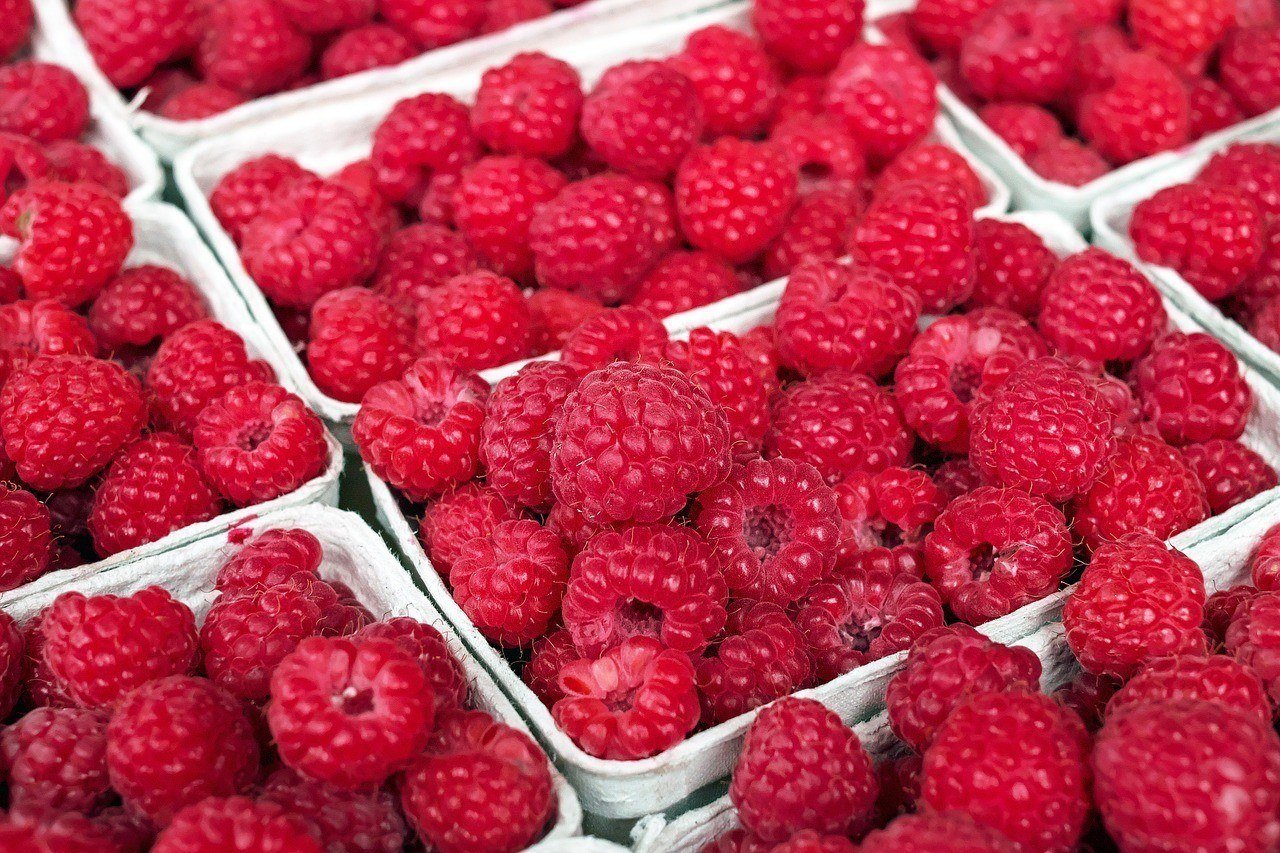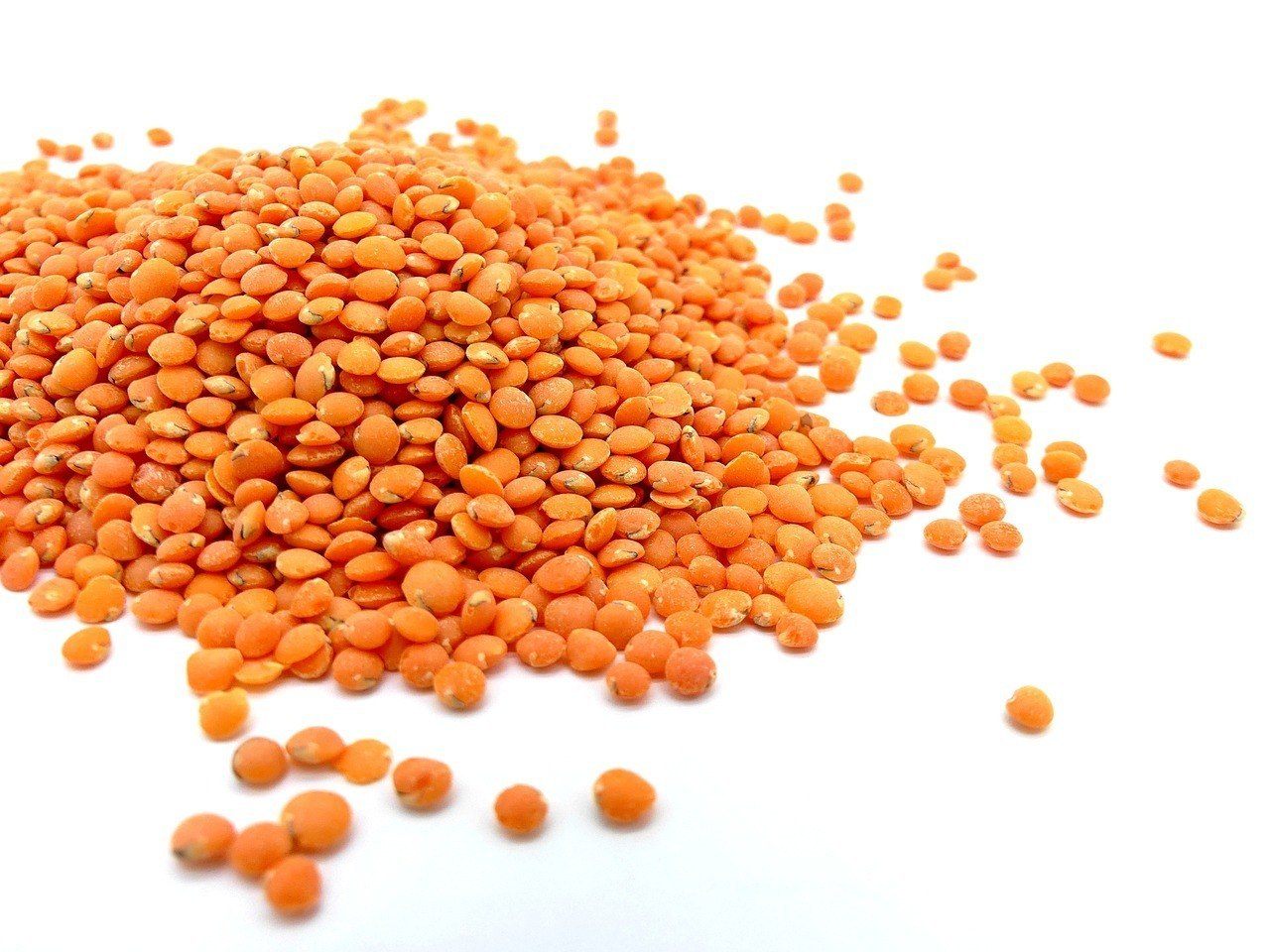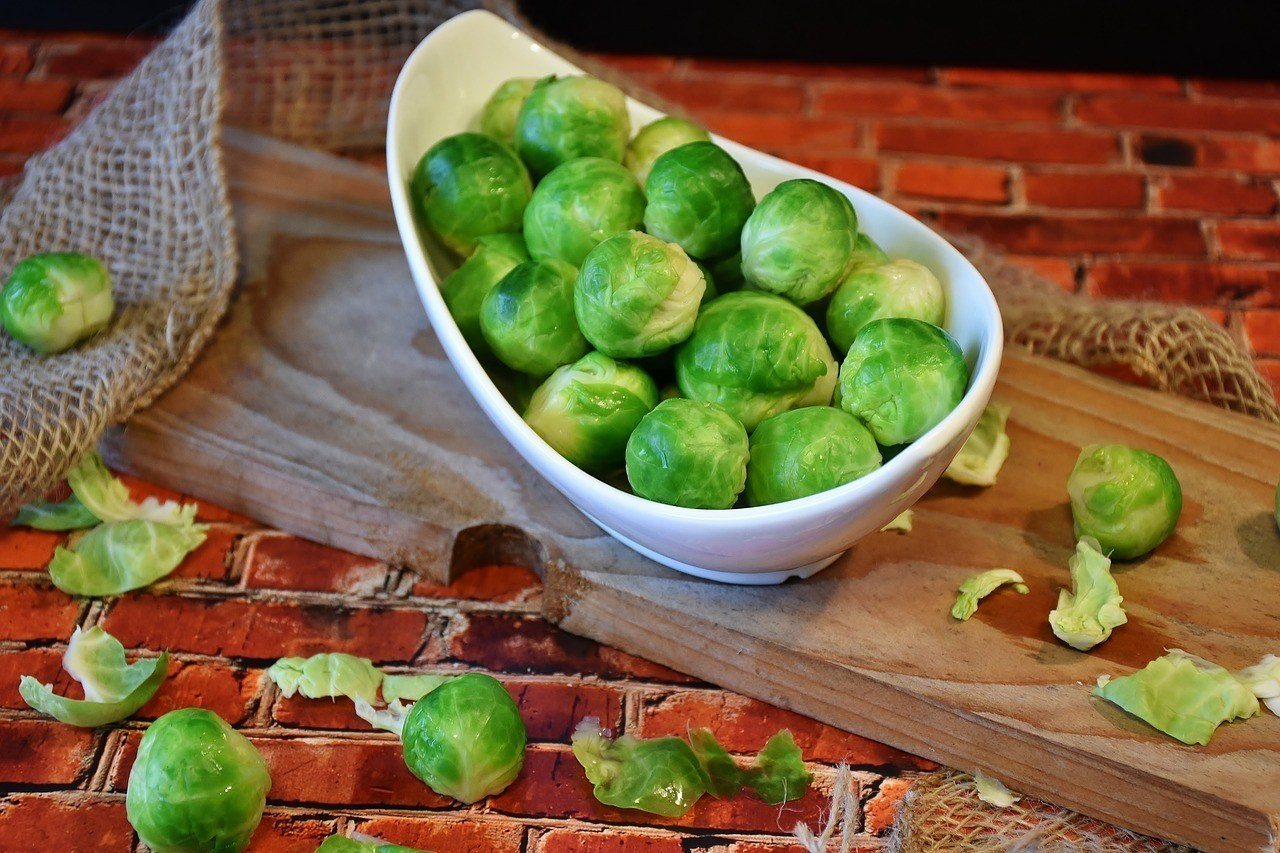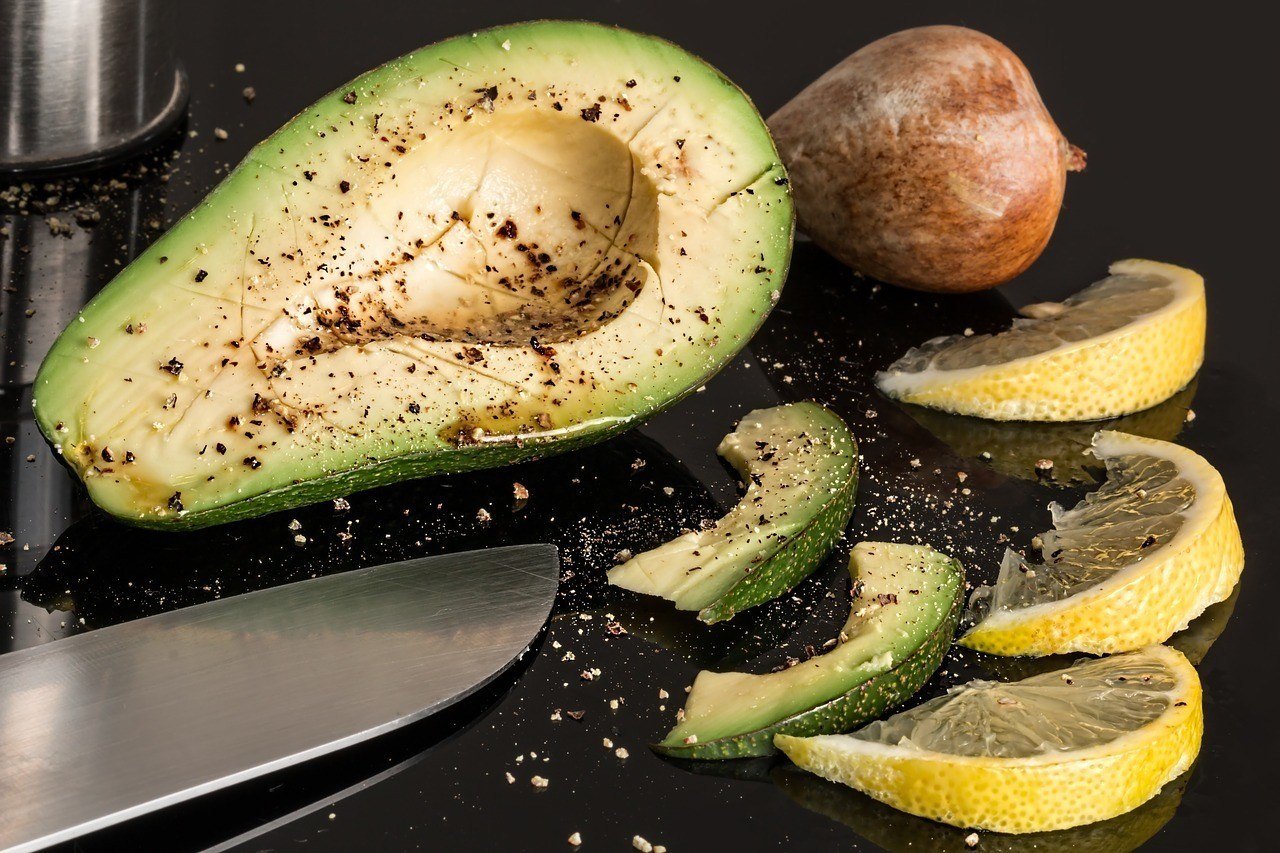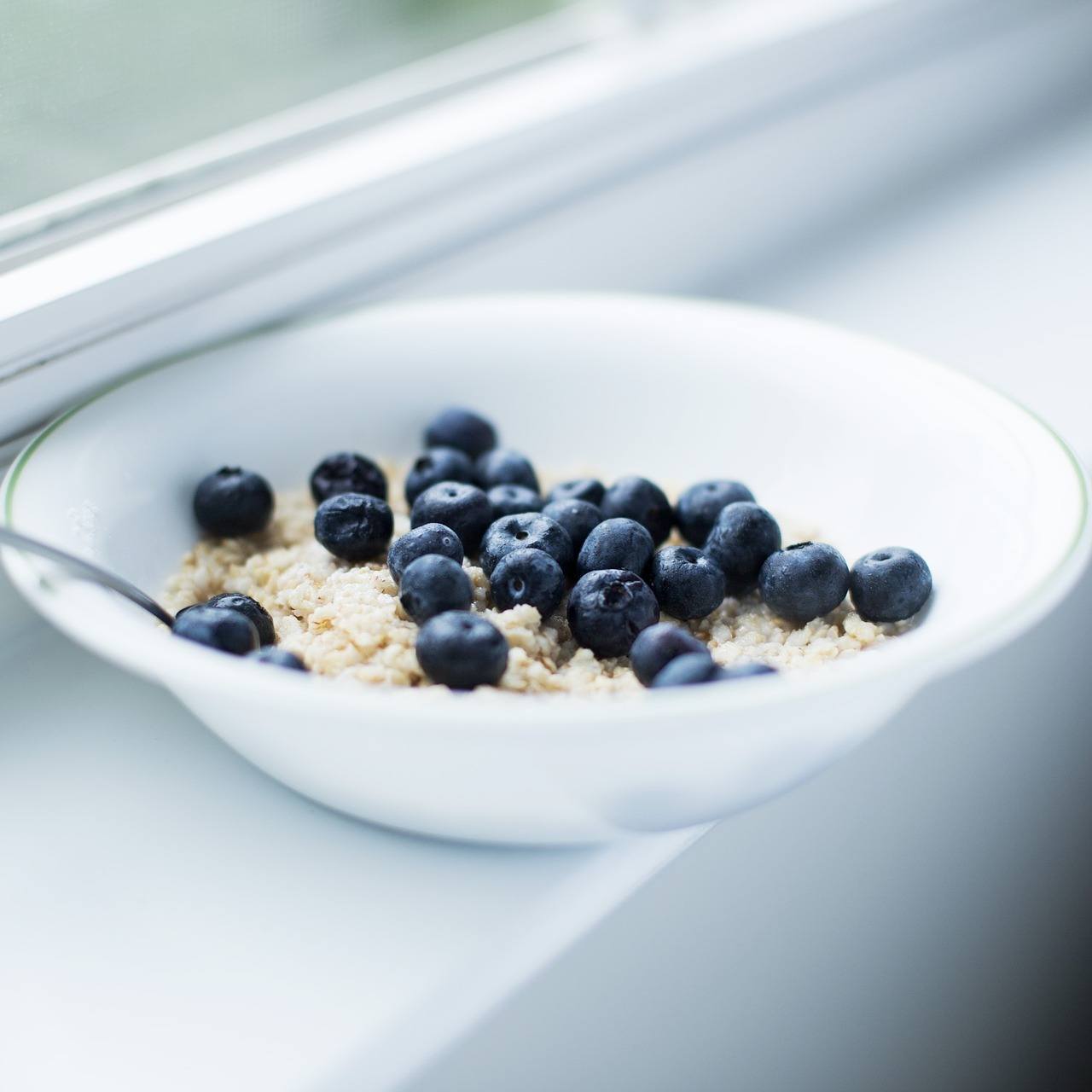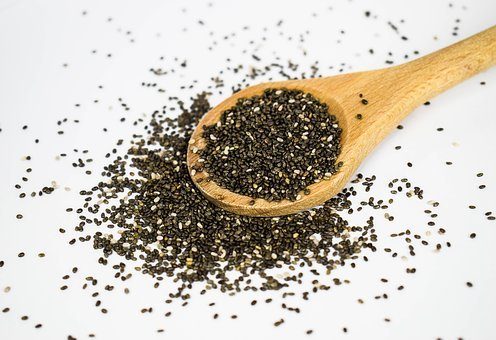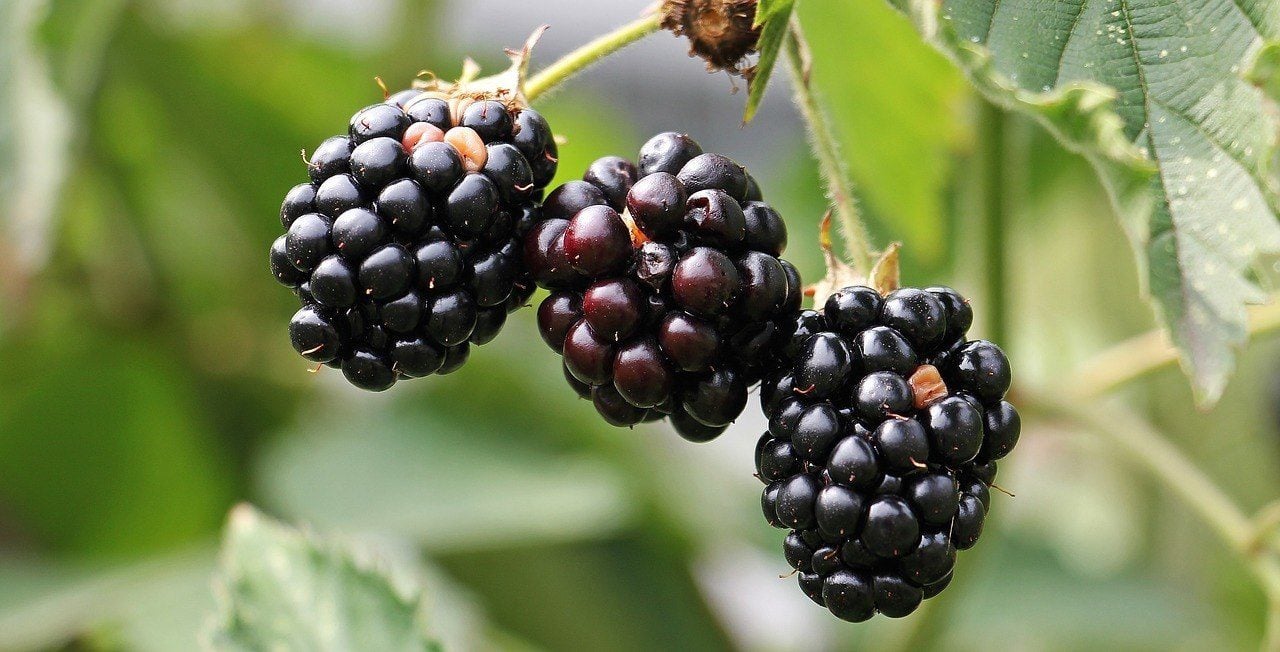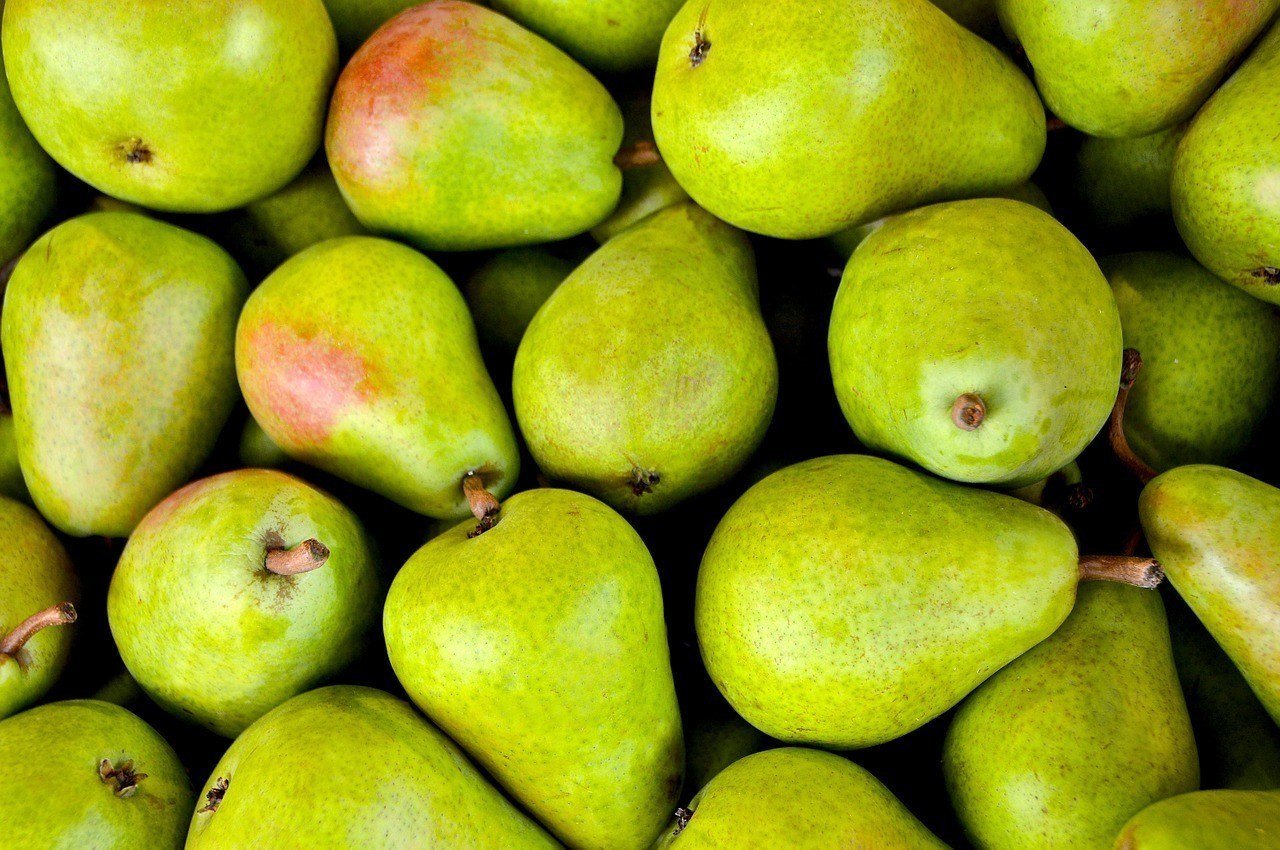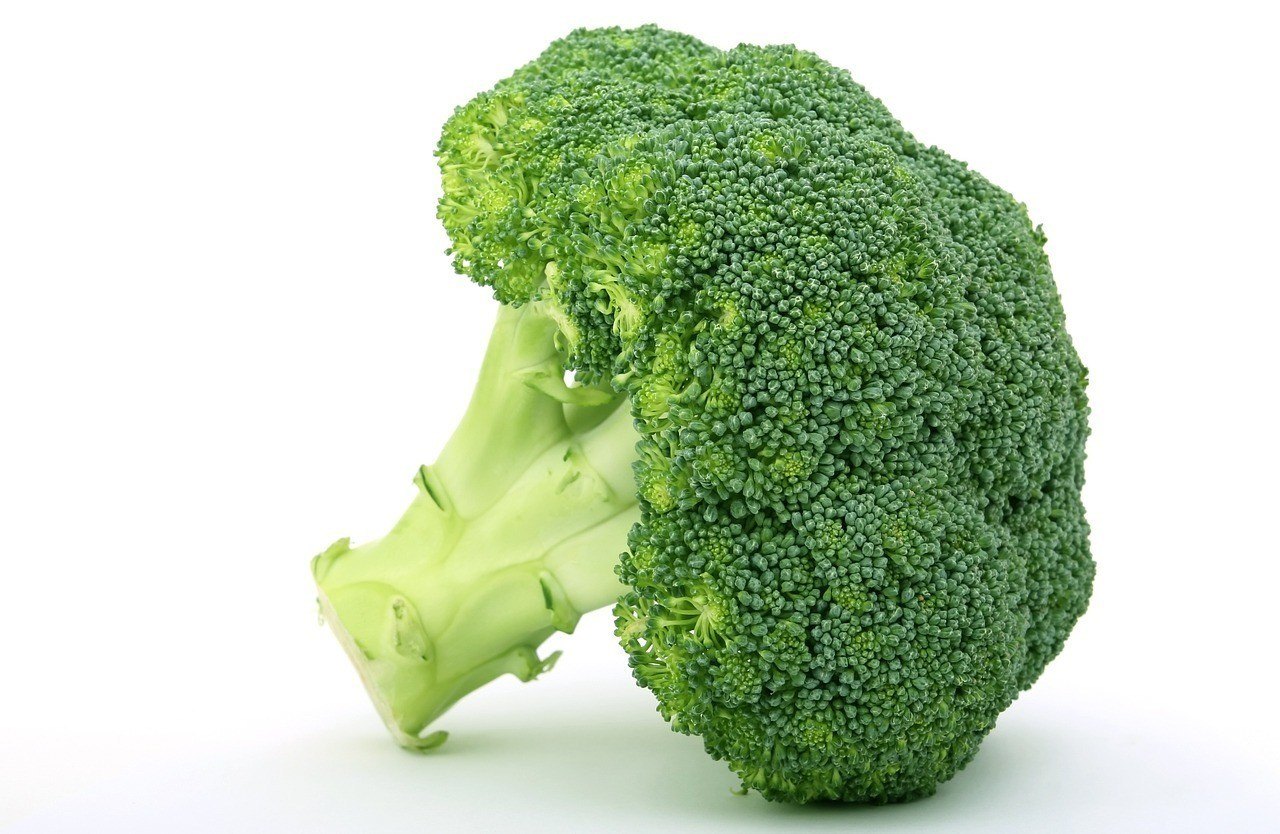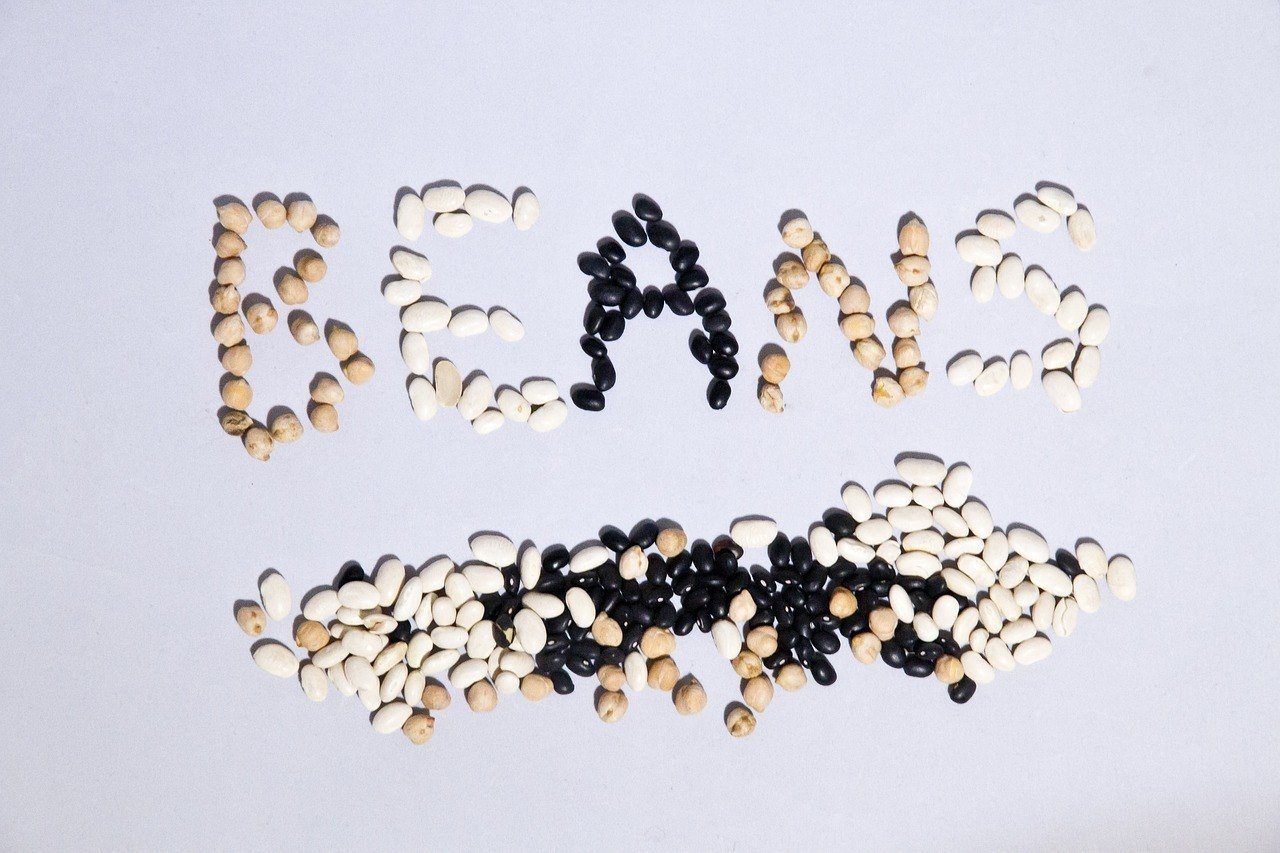Is your food hanging around your body longer than you’d like? Do you get a stomach ache after eating even when you don’t completely stuff yourself? Surprise: it might not be your body’s fault.
An even bigger surprise? You might be able to skip the doctor’s office and simply eat more foods high in fiber.
The Indications of a Healthy Digestive System
You can’t see your food during the digestion phase, but your body gives you plenty of clues as to how well it’s processing the foods you eat. A healthy digestive system:
- Doesn’t give you food-related side effects like heartburn or nausea
- Maintains regular, easy bowel movements
- Keeps your body odor-free
- Regulates your appetite
Digestion is directly impacted by the foods you eat and lifestyle choices you make. If you are exercising, drinking enough water, avoiding smoking and alcohol, and still experiencing digestion issues, you might not be getting enough fiber.
The Many Benefits of Fiber to Your Body
Eating foods high in fiber can improve 3 core aspects of your digestive health:
1.Better Bowel Movements
Yes, it’s gross to think about. But it’s something we all do, and eating enough foods high in fiber can help you do it better. Fiber keeps food flowing through your digestive tract, resulting in regular bowel movements and helping you avoid stomach aches and cramps associated with food loitering in your body for too long.
2.Less Gas
Again, it isn’t pleasant to think about. The truth is, even healthy digestive systems experience gas. But eating foods high in fiber can give you less of the gut-wrenching smelly kind and the discomfort that comes along with it.
3.Fewer Stomach Aches
Stomach aches can happen for a number of reasons, including gas and constipation. Fiber helps alleviate both of those digestive issues, which means you can expect fewer stomach aches, and fewer trips to the bathroom.
For most of us, digestion isn’t something we consciously think about; rather, we just expect it to happen. But for people who get frequent stomach aches, heartburn, nausea, bloating, or irregular bowel movements, it’s important to realize your digestive system could be in peril.
10 Foods High in Fiber That Might Surprise You
Raspberries
Nature’s most delicious candy just so happens to be chock full of fiber. Just one cup gives you 8 grams, or 32%, of your daily recommended fiber.
Eat them whole, or try this delicious recipe for a raspberry almond and oats breakfast.
Lentils
Lentils look like peas or tiny beans, but don’t let their size fool you. One cup of cooked lentils packs nearly half your daily recommended value.
Try this classic recipe for lentil soup.
Brussels Sprouts
One cup of cooked Brussels sprouts gives you over 4 grams of fiber, or almost a fifth of your daily dose.
This yummy recipe for Balsamic glazed Brussels sprouts makes them even more delicious.
Avocados
As if you needed more reasons to love avocados, just one half will give you 6 grams of your daily fiber.
Whip up some quick guacamole with this tasty recipe.
Oatmeal
Oatmeal is a no-brainer for folks needing more fiber, especially when you can mix in other high-fiber foods like chia seeds or raspberries for a one-two punch.
Skip the instant oatmeal and go for the homemade version with this easy recipe.
Chia Seeds
Chia seeds are the superheroes of food, hands down. Along with a healthy dose of fiber in every spoonful, they’re high in antioxidants, omega 3’s, and minerals, and they’re perfect for gluten-free, dairy-free, and vegetarian diets.
Best of all, you can sprinkle them on literally every food imaginable. Try them in this recipe for raspberry chia seed breakfast pudding.
Blackberries
Blackberries make an excellent raw fiber source – just pick off the bush and enjoy over 7 grams of fiber per cup.
If you want to add a little more flavor to your fiber intake, try this recipe for these blackberry and oat breakfast bars.
Pears
A medium-sized pear contains around 5.5 grams of fiber, which is about a fifth of what your body needs each day.
If you want to sweeten the deal a little, this recipe for glazed pears should do the trick.
Broccoli
These miniature tree-like vegetables pack many different nutrients, and 5 grams of fiber is one of them.
This recipe for broccoli soup also includes fiber-rich avocado. You could also add some lentils for a fully fiber-packed meal.
Beans
Black beans, lima beans, baked beans – they all rank high in the fiber department.
If you want to show off your culinary skills, this recipe for black bean oxtail and lima beans looks tempting.
Suffice it to say, you can skip the Metamucil and pharmacy checkout lines and get your fiber the way nature intended. You’ve got to eat anyway, right? Might as well do it the right way.

